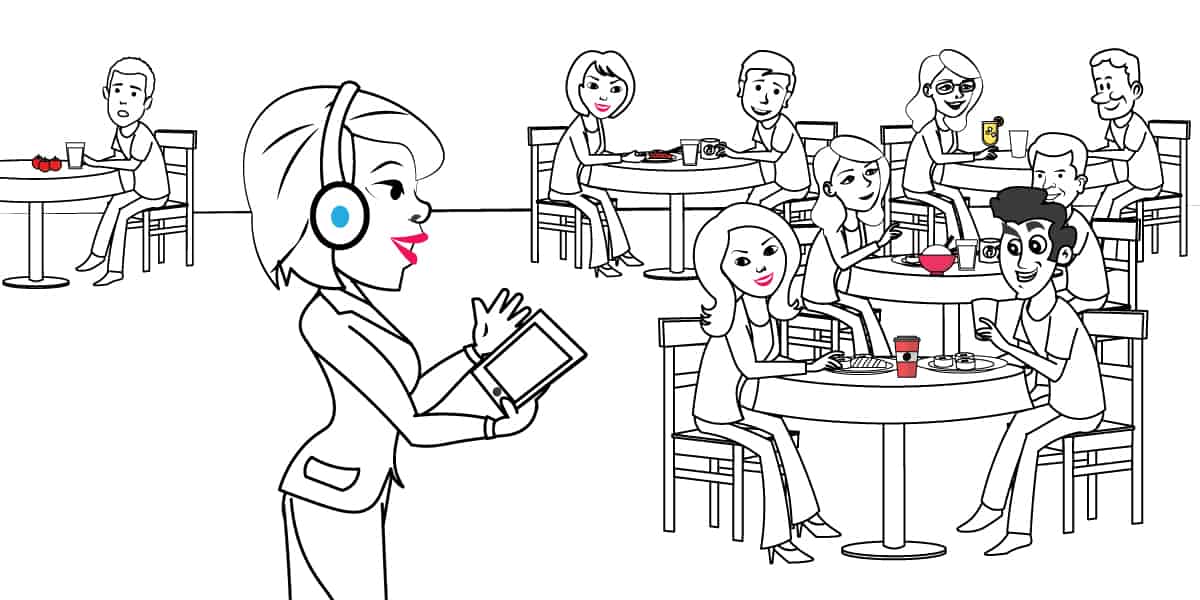In this enlightening TED talk, Chris Bailey shares his experience and research on living in a world of distractions. He explains how he was able to reduce the stimulus so he could improve his focus.
Like many of us, from the minute he woke to the time he went to bed, Chris was bombarded with distractions. Moving from one screen to another with the endless stream of interruptions from alerts and messages.
The first experiment saw him taking a break from technology which took about a week to really adapt. During that time there were 3 things he noticed:
Attention span grew
Research shows that the human brain generally has 40 seconds of focus before being distracted or interrupted in the modern world we live in. When trying to identify the issue that needs attention it’s the distraction that gets the attention. But this isn’t the root cause.
The issue is that our brains are overstimulated. Therefore, it craves the distraction and is rewarded with a dopamine hit. Creating a nice little cycle.
So by reducing the stimulus in the first place, you are then able to slow the mind down.
More ideas & More plans
With the lower level of stimulation, the next 2 things noticed came hand in hand. This was around more ideas and plans. When looking at a mind at rest, the research shows that the mind spends 12% of time in the past, 28% in the present, 48% in the future and 2% was ‘dull thoughts’.
Chris labelled this “scatterfocus” and he is all about enabling the mind to wander.
Off the back of the experiments and research, Chris believes 2 fundamental shifts need to happen:
- We need more space
- Overstimulation is the enemy
And he issues a 2-week challenge to help with making this shift:
- Limit screen time
- Implement a disconnection ritual/day
- Rediscover boredom
- Scatterfocus
Here is the full 15-minute TED talk where shares the full detail.
Are you going to take the challenge so you can focus in a world of distractions?
Want to watch even more TED Talks we have shared. Check them all out here.

